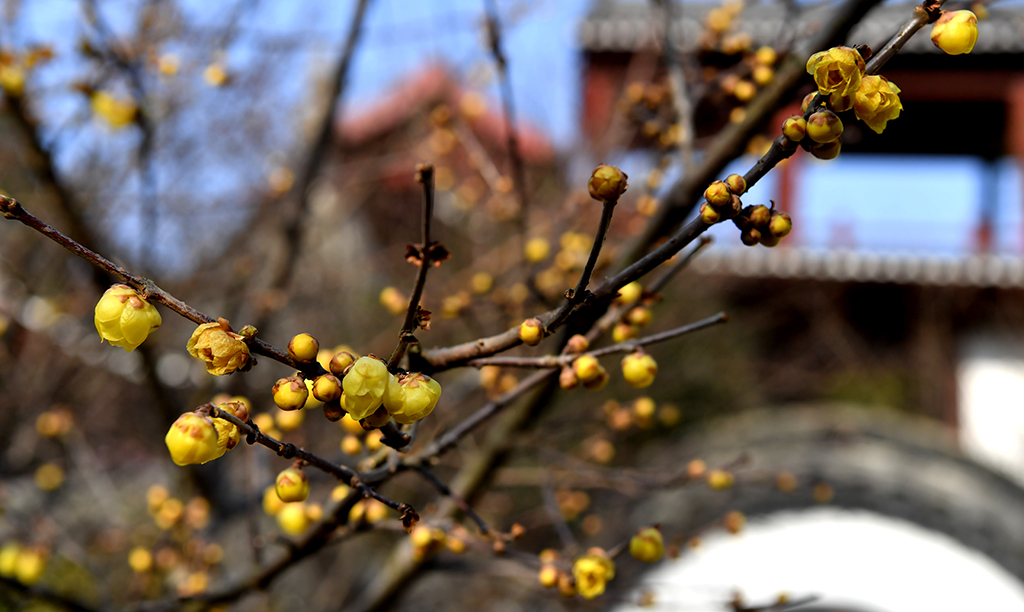Villagers mimic fable by forging a path to prosperity
In traditional Chinese culture, a proverb similar to "faith can move mountains" is Yu Gong Yi Shan (the Foolish Old Man Who Moved Mountains).
In the story, the Foolish Old Man, or Yugong, and his family lived between mountains that blocked their way in and out of their village. To facilitate movement for themselves and their future generations, Yugong, approaching his 90s, was determined to remove the mountains, shovel by shovel.
His act was mocked by the Wise Old Man, or Zhisou. "You are so foolish. With your remaining years and the little strength you still have, you could not cut a tree in the mountain. How can you possibly move all the soil and rocks," he goads.
Yugong replies: "It's true that I will die, but I have my sons, and they will have sons. Then their sons will have sons, and those sons will also have sons. I will have endless sons and grandsons, but these mountains will not grow. Why can't they be leveled?"
In the end, God was touched by Yugong's perseverance and sent two titans from heaven who helped move the mountains away.
The fable has become a synonym for forging ahead while facing enormous difficulties and persevering to the end. Although it is not a real story, villagers in the Taihang Mountains of North China's Shanxi province showed similar perseverance to dig through a mountain standing between their village and the outside world.
With a cliffside road built, farmers in Shenlongwan village in Pingshun county have sent their agricultural products out for sale and brought in tourists, shaking off poverty and embracing prosperity.
Benefiting from its unique climate, Shenlongwan is famous for its products, such as walnuts and pears, but transporting the farm produce used to be a problem.
Before the road was built, villagers had to trek six hours, detouring through eight townships of three provinces to arrive at the county seat, or risk their lives climbing a narrow, almost vertical mountain pass.
"We desperately needed a road," says Duan Jianlin, a veteran from the village who participated in the construction. "If we couldn't finish building it in one year, we would try two years. If two years were not enough, we would make it three years."
It took the villagers 15 years to build the 1,526-meter road using simple tools like hammers and chisels.
Now, 60 percent of the 700-plus villagers are engaged in tourism-related businesses. In the first half of this year, the village received more than 300,000 tourists despite the pandemic.
"Walking on such a unique road is not only to enjoy the beautiful scenery but also to learn from the villagers' tenacity," says Zhang Hao, a traveler from Shanghai.
Last year, the village saw its net, per capita income reach 12,000 yuan ($1,875). By comparison, the figure was only 680 yuan in 2000, when the road first opened.
"The road is a path to prosperity and also a symbol of the traditional striving spirit of Chinese people," says Zhou Haiyu, former village head.



